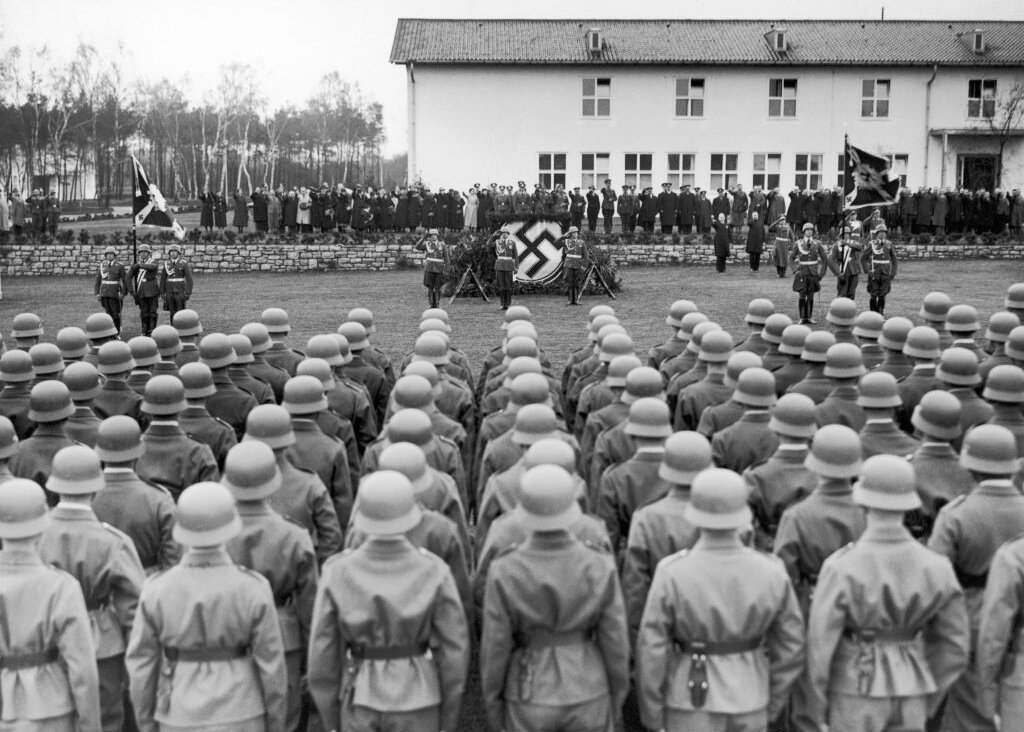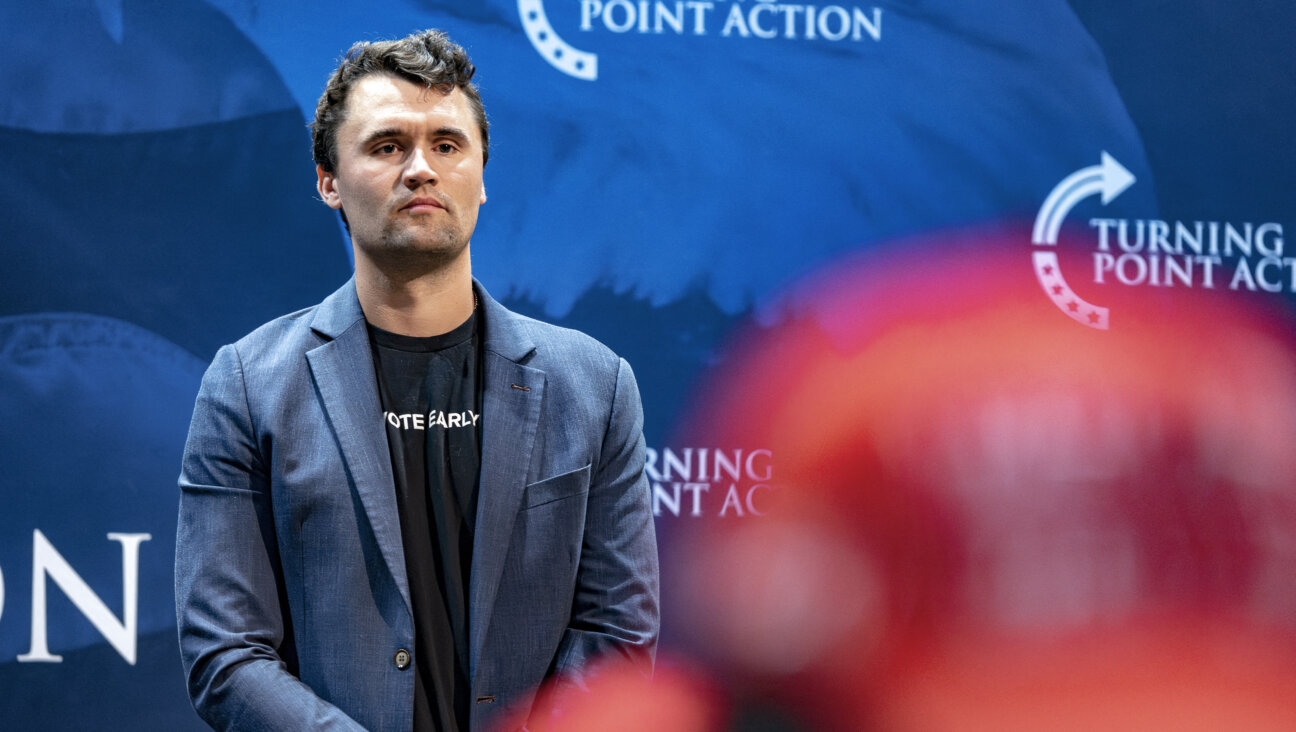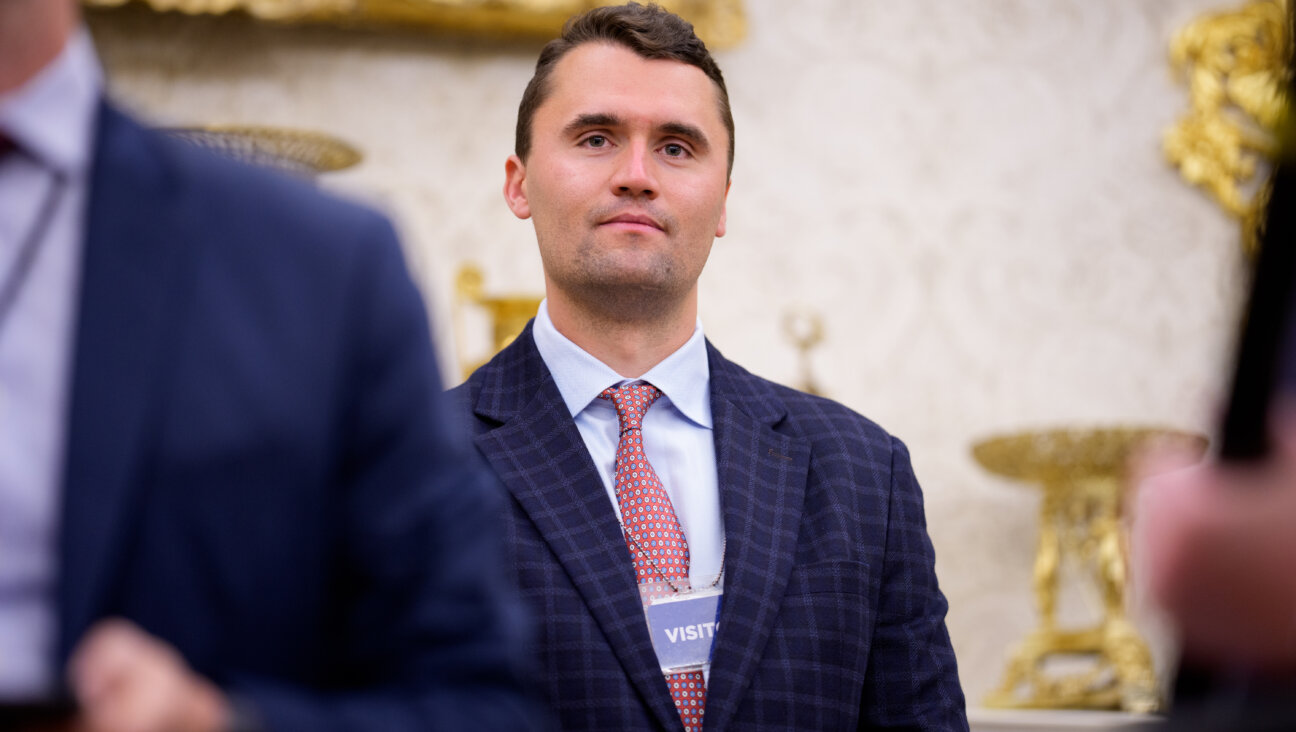From Cambodia to Sudan: Breaking Down Wall of Apathy
Sign up for Forwarding the News, our essential morning briefing with trusted, nonpartisan news and analysis, curated by Senior Writer Benyamin Cohen.
The international community had just learned the cruel truth about the large-scale massacres of innocent people by the Khmer Rouge in Cambodia. The press had done its job: No one could say we didn’t know about it.
I was invited by the International Rescue Committee as part of a delegation to go on site. We spent some time at the Thai border in an enormous refugee camp. One day during the journey, I needed to observe yahrzeit for my father. Where, I wondered, was I going to find nine men to recite the Kaddish? By some miracle, I was able to gather a minyan. I was not, however, the only one saying a prayer for the dead: A young Jewish doctor from Toulouse joined me and repeated it word for word.
Later, I asked him for whom he had recited the Kaddish. For his father? No, he said. For his mother? No, not her either. So, for whom? He held out his arm toward the other side of the border, as if showing the faraway, invisible cemeteries with their missing names: “It’s for them.”
It struck me as a moving gesture: a Jew praying for the rest of others’ souls — for Cambodians whose tragedy had nothing to do with Jews.
This memory came back to me recently, as I observed what seems to be the increasingly inward focus of the Jewish Diaspora, especially in philanthropic circles. We are preoccupied with defending Israel and in fighting against antisemitism wherever it appears, as we should be. But in doing so, are we reserving the compassion and generosity that have characterized Jewish mentality and morality for centuries solely for members of our own community?
When our people needed help, or simply the presence of others, 60 years ago, no one was there for us. Can we say to ourselves that we are there for those now in need?
Should we take a stand on injustices from which faraway family and ethnic groups are suffering? Should we help the tsunami victims, or is it enough to help Israel? Should we mobilize our energies to lend a hand to AIDS patients in Africa and to the hungry in Asia, or limit our solidarity to financing hospitals and schools in the Jewish state?
On this point, the answer seems rather simple. The Jew who is concerned with the ethical thing to do can and must take up both Jewish and non-Jewish charitable works. I take this attitude from our talmudic tradition, which says, “Aniyei ir’ha kodmin,” the poor and needy in your town have priority over others. This is normal: Family comes first. But notice that the text says “kodmin,” not “rak” or “bilevad” — in other words, yes to priority but no to exclusivity.
This is more than just an exercise in semantics. One need only look at Sudan, which has become one of the world’s capitals of human pain, suffering and agony. The population of Darfur has been subjected, by the regime in Khartoum and by its proxy militias, to humiliation, hunger and death. For a while, the so-called civilized world knew about it and preferred to look away.
Now, though, people know. They have no excuse for their passivity bordering on indifference. Those who try to break the walls of their apathy deserve everyone’s support and solidarity.
Remember that our sages desperately try to teach us the value and importance of all human beings. All are children of Adam and Eve, who, after all, were not Jewish. Created in the image of God, everyone has the same right to the same respect, the same happiness, the same hope. When I see a person fall in the street, I don’t look at his or her identification card; I must help the person get up. It’s a simple question of decency.
The Bible commands us not to stand idly by the shedding of the blood of our fellow man — “Lo ta’amod al dam re’akha.” The term used is not “akhikha,” your Jewish brother, but rather “re’akha,” thy fellow human being, be he or she Jewish or not. All are entitled to live with dignity and with hope. All are entitled to live without fear and without pain.
We should show compassion for and solidarity with all those who need our sympathy and generosity, be they near or far, prisoners of fate, or victims of society or of nature. Not to assist those in need today would, for me, be unworthy of what I have learned from my teachers, my ancestors and my friends — namely, that God alone is alone; his creatures must not be.
One last thought to consider: If we Jews remain indifferent to the plight of the oppressed, what right do we have to criticize the leaders of the free world for having abandoned us during the Holocaust?
Translated from the French by Jamie Moore.
















